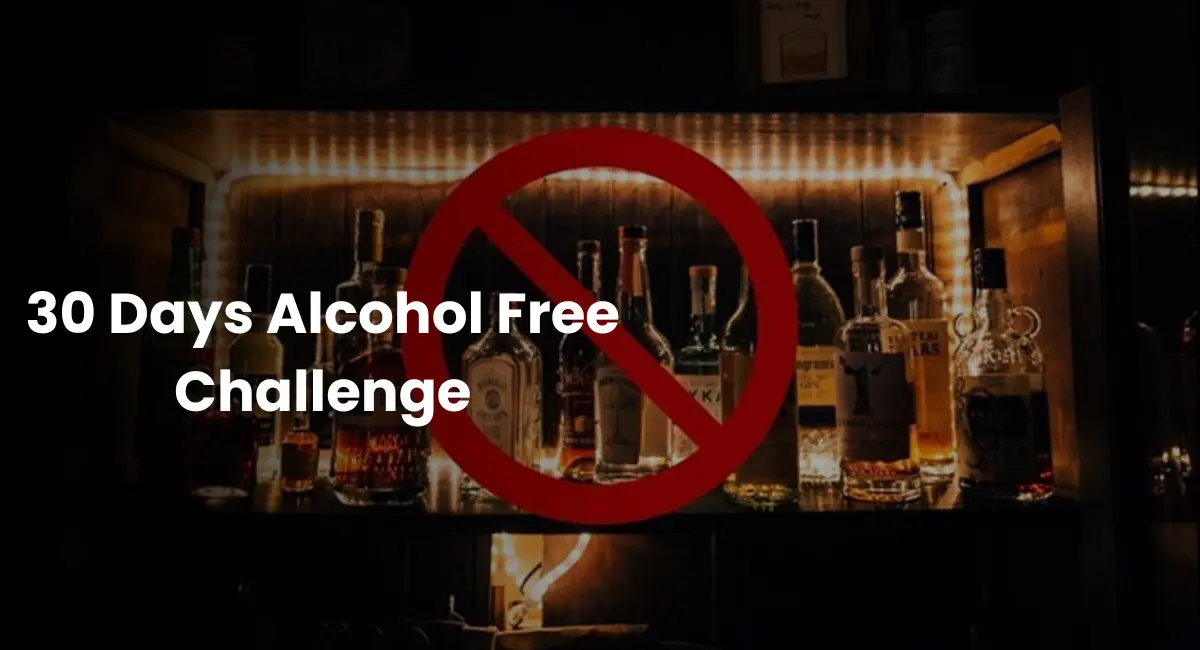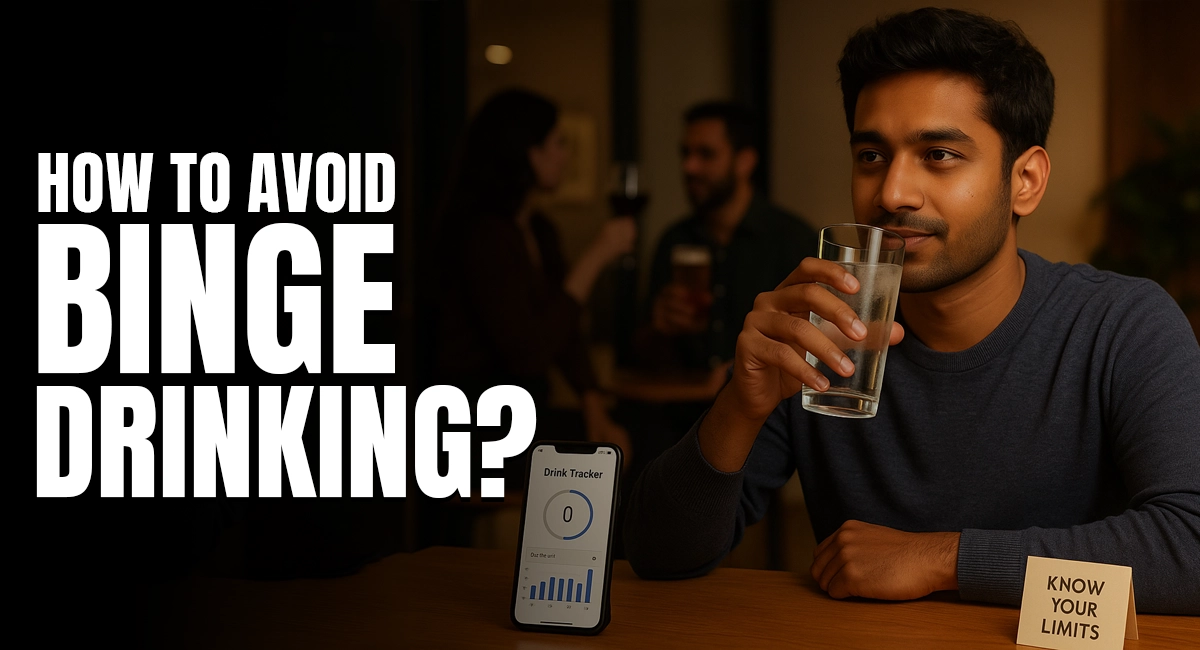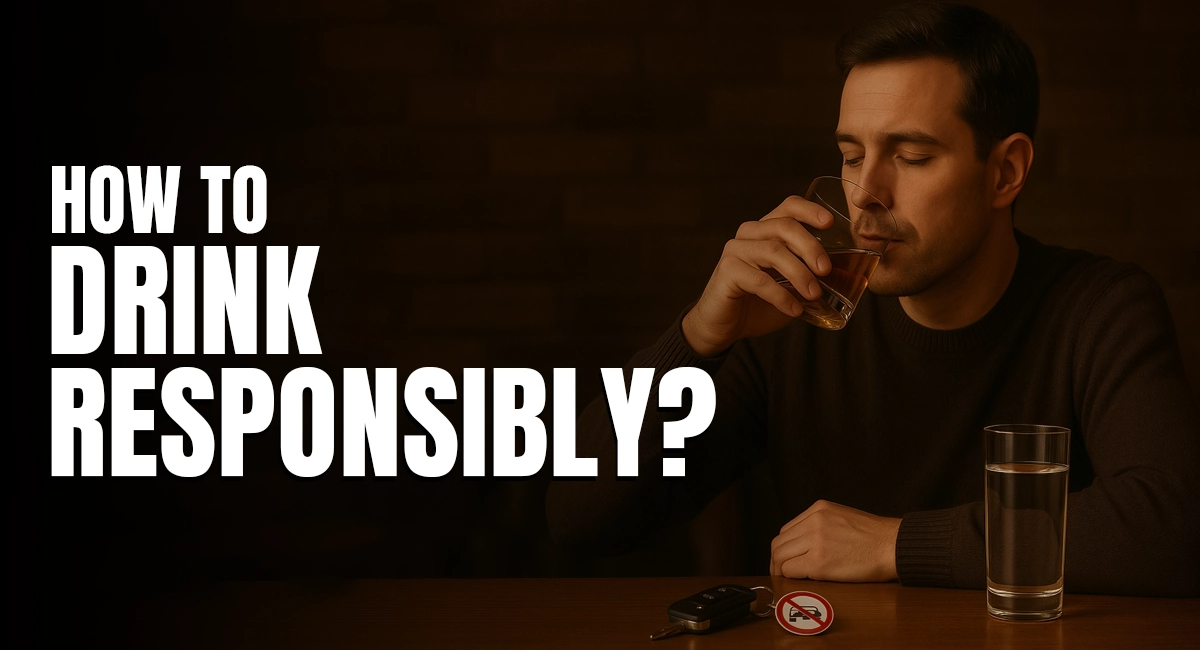How to Practice Moderate Drinking – Effective Tips
Alcohol is a part of many cultures and social settings—used to celebrate, relax, or unwind after a long day. However, excessive or irresponsible drinking may lead to a host of problems, including health risks, poor judgment, strained relationships, and legal trouble. Practicing moderate drinking is a practical and responsible approach that allows individuals to enjoy alcohol without the downsides.
In this blog, we’ll explore what moderate drinking means, why it matters, and provide effective, easy-to-follow tips to help you drink mindfully.
What is Moderate Drinking?
Moderate drinking refers to the controlled and responsible consumption of alcohol that minimizes the various health risks. According to health guidelines, moderate drinking typically means up to two drinks per day for men and up to one drink per day for women. One standard drink typically contains approximately 14 grams of pure alcohol, equivalent to 350 ml of beer, 150 ml of wine, or 45 ml of distilled spirits.
Drinking in moderation can be part of a balanced and standard lifestyle for some adults, but it’s not risk-free thing. Factors such as age, health conditions, medications, and personal tolerance levels play a role in how alcohol affects the body.
Moderation helps to prevent the harmful effects of excessive drinking, such as liver damage, addiction, impaired judgment and many others. It is essential to drink mindfully and be aware of your limits to ensure both personal safety and long-term well-being. Always consult with a healthcare expert if you are unsure about your alcohol intake.
Why Moderate Drinking Matters?
The benefits of drinking in moderation or not at all are significant: -
- Better physical health: Its lower risk of liver disease, heart issues and certain cancers.
- Improved mental clarity: Reduced anxiety, fewer mood swings, and better decision-making.
- Stronger relationships: Less chance of arguments or regrettable actions and memories under the influence.
- Financial savings: Drinking less often can lead to reduce the spending on alcohol.
Practicing moderation ensures you maintain control, avoid addiction, and protect your overall well-being.
Effective Tips for Practicing Moderate Drinking
1. Set a Limit Before You Start
Decide how many drinks you’ll have before heading out. Setting a clear intention helps you to avoid impulsive decisions later. Stick to your limit no matter the occasion or peer pressure.
Tip: Write it down or tell a friend to help you stay accountable.
2. Eat Before and While Drinking
Drinking on an empty stomach accelerates alcohol absorption, making you feel drunk faster. Always have a good meal—especially one rich in protein, healthy fats, and carbs—before you start drinking.
Tip: Snacking throughout the evening can also slow down alcohol’s effects.
3. Drink Slowly
The slower you drink, the more time your body has to process the alcohol. Aim to sip, not gulp. Try to finish one drink per hour, at most.
Tip: Take small sips, and enjoy the taste rather than drinking for the buzz.
4. Alternate With Water or Soft Drinks
This is a game changing strategy. For every alcoholic drink, have a glass of water or a non-alcoholic beverage in between. It helps: -
- Keep you hydrated.
- Reduce overall alcohol intake.
- Delay intoxication.
5. Avoid Rounds or Drinking Games
Rounds or games usually encourage you to drink more than planned. Politely decline participating if you are trying to cut back. You can enjoy the social atmosphere without compromising your limits.
Tip: Stay focused on the fun, not just the drinks.
6. Choose Lower-Strength Alcohol Options
Select drinks with lower alcohol content, such as light beer, wine spritzers, or diluted cocktails. Reading labels can help you choose wisely.
Tip: Even within the same category (e.g., wine), alcohol content can vary.
7. Don’t Top Off Your Glass
If someone is refilling your drink before it's finished, it becomes hard to track how much you've consumed. Finish your drink first, then pour or accept another. This helps you to stay aware of your intake.
8. Avoid Peer Pressure
You don’t have to keep up with others. It’s okay to say, “No thanks,” or, “I’m good for now.” Drinking should be your choice—not a response to social expectations.
Tip: Confidence in your decision sets a strong example for others too.
9. Keep Track of Your Drinks
Use an app, note in your phone, or mental count to track how many drinks you've had. Losing count often leads to overconsumption.
Tip: Awareness is key to moderation.
10. Plan Your Ride Home in Advance
Never drink and drive. Make arrangements in advance—whether it's a cab, public transport, or a designated driver. Knowing you have a plan helps you drink responsibly.
When to Avoid Alcohol Altogether?
Moderate drinking isn’t safe or advisable for everyone. You should avoid alcohol if:
- You’re pregnant or trying to conceive.
- You’re under the legal drinking age.
- You’re taking medication that interacts with alcohol.
- You have a history of substance abuse.
- You’re managing certain health conditions like liver disease or mental illness.
In these situations, it’s best to choose non-alcoholic alternatives or seek medical guidance.
Building a Healthier Relationship with Alcohol
Practicing moderate drinking is more than just counting drinks—it’s about developing a healthy mindset. Ask yourself: -
- Why am I drinking?
- Am I drinking out of habit, boredom or social pressure?
- Can I enjoy this moment without alcohol?
Mindful drinking puts you in control and helps you build a better relationship with alcohol.
| Read More: How to Avoid Binge Drinking? |
Conclusion
Drinking doesn’t have to be all-or-nothing. Many people enjoy alcohol responsibly without harm. The key lies in self-awareness, setting boundaries and making informed choices.
By practicing moderate drinking: -
- You protect your health.
- Maintain better control over your actions.
- Avoid hangovers and regretful mornings.
- And still enjoy social moments with friends and family.
So, next time you raise your glass, remember—
Drink mindfully. Drink slowly. Drink smart.
Stay in control. Celebrate responsibly. Your body and mind will thank you. For more such intereting and helpful content, stay in touch with Boozerscouncil.org!
Recent Post

Alcohol-Free Challenge
This challenge isn’t about lifelong abstinence or strict rules; it’s about pausing, observing and understanding how alcohol truly...
December 17, 2025

Role of Schools and Colleges in Alcohol Awareness
This blog explains how schools and colleges can contribute effectively to alcohol awareness in line with widely recognised...
December 15, 2025

How to Start Your Recovery Journey from Alcohol Addiction
Recovery is a continuous process of healing, self-awareness and growth. With the right mindset, professional guidance and support...
December 09, 2025
Get The Free Quote!
KEEP IN TOUCH
POPULAR POSTS
Alcohol Laws in India
This decentralization results in widely varying legal drinking...
August 14, 2025 • 604 views.Binge Drinking
Binge drinking is often portrayed in movies and...
August 04, 2025 • 335 views.How Stress and Anxiety Can Lead to Unhealthy Drinking Habits
In this blog, we’ll explore how stress and...
October 17, 2025 • 291 views.How to Practice Moderate Drinking
In this blog, we’ll explore what moderate drinking...
August 02, 2025 • 276 views.How to Drink Responsibly
In this guide, we’ll explain and guide what...
July 31, 2025 • 261 views.






